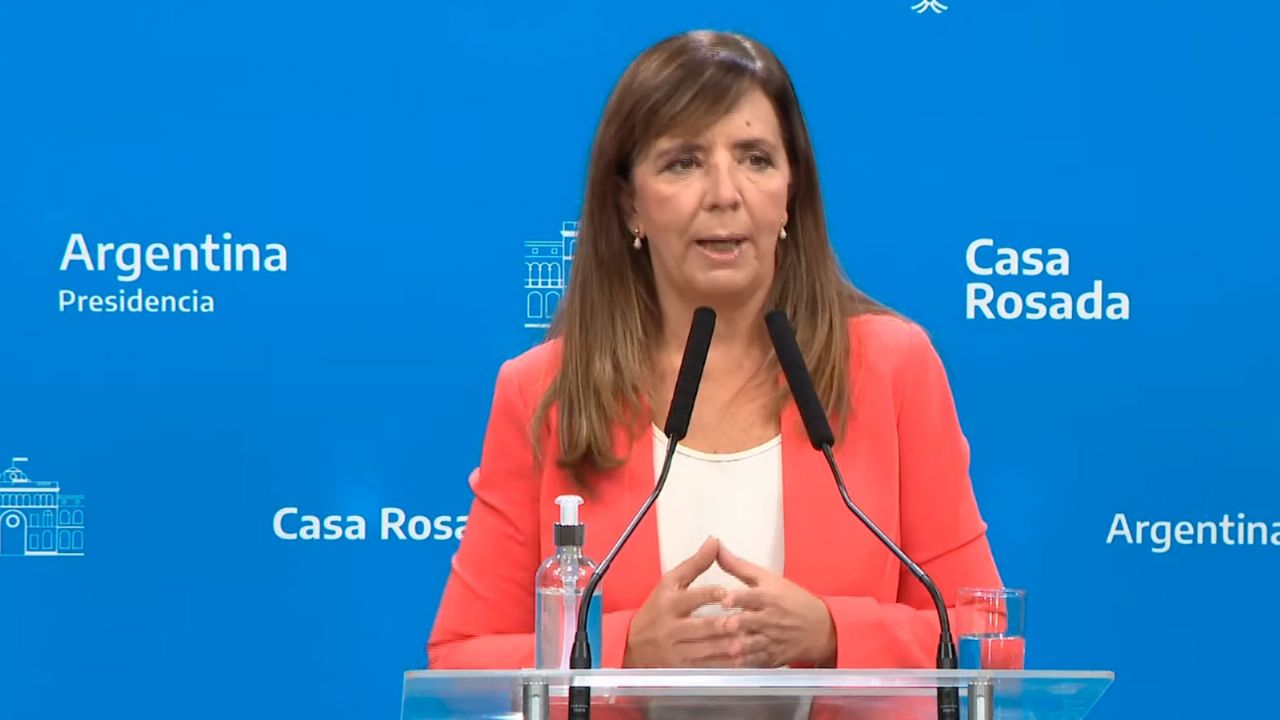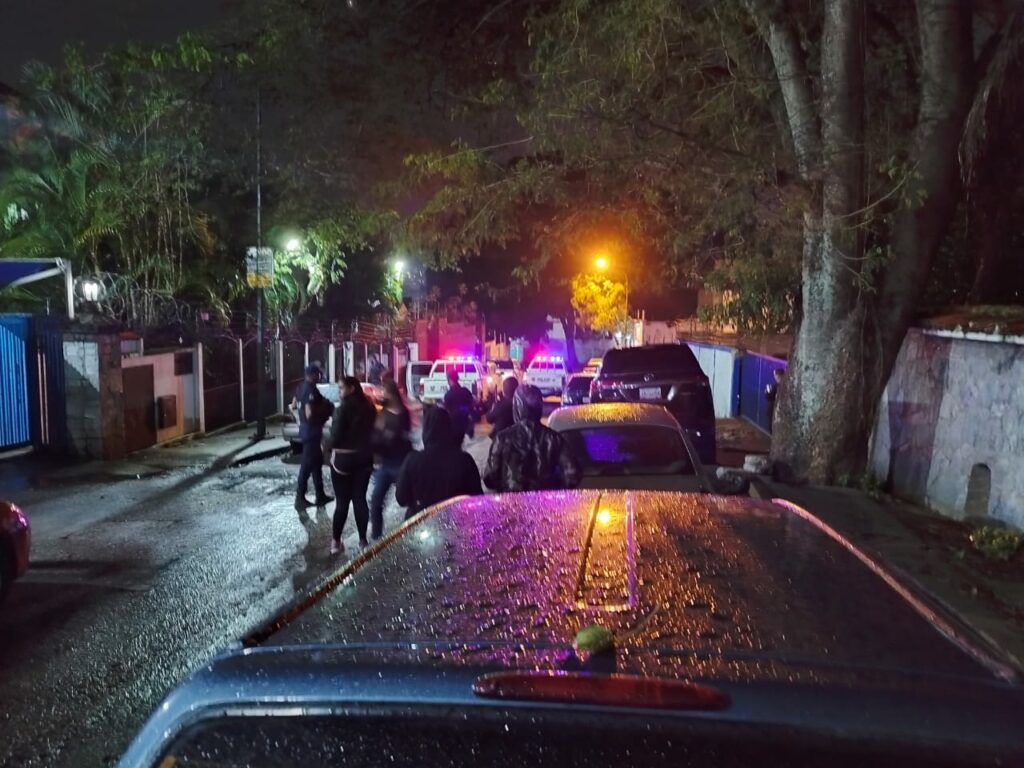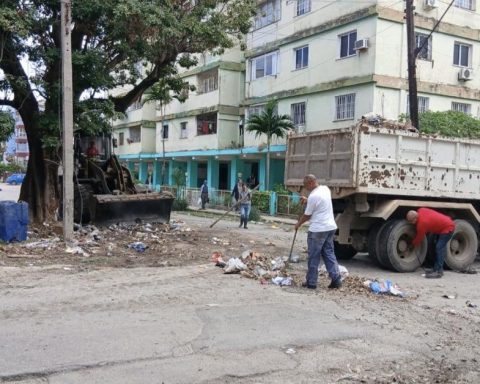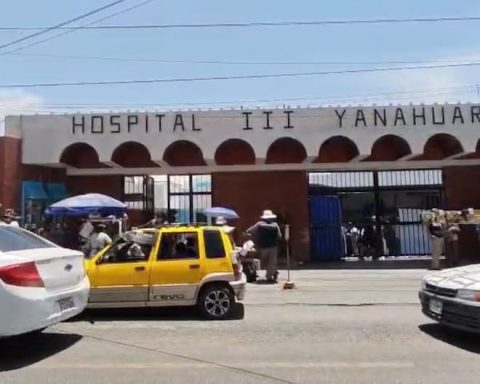In the framework of the strong internal tensions of the ruling party, due to the elimination of the PASO elections and the demand for a fixed sum to compose salaries, from the Casa Rosada, they analyze the way to advance in the short term with the income tax unexpected rent.
Also, there is an urgency to treat the Law of Agroindustries for months, which is stuck in Congress due to the lack of consensus with the opposition and, in turn, due to the difficulty of convincing the allied blocs that usually support the ruling party to give a quorum. Eventually, extraordinary sessions could be called to deal with the unexpected rent.
During the past week, Gabriela Cerruti, presidential spokeswoman, had clarified some of the priorities for the Executive Power. She defended the PASO elections, which several governors want to repeal, and also demanded that Congress deal with the project of the tax on unexpected rent presented five months ago by the former Minister of Economy, Marín Guzmán.
At a press conference, Cerruti said: “The Government sent, in June of this year, the Project of Unexpected Income that he wants to be discussed in Congress and that is in force in other countries with very good results”.

He also clarified that “It has to do precisely with the fact that those who have had extraordinary income due to tragic situations of humanity, such as war and the pandemicthey can make the contribution through a tax”, and continued: “It means higher income for the State, which will be able to be redistributed in the policies that many sectors are demanding”.
The agribusiness project
The draft Law on Agroindustry is aimed at developing the sectoral chain by promoting new investments, creating nearly 700,000 new jobs by 2030. Also, it deals with the incorporation of state-of-the-art technologies based on a series of tax benefits and also production incentives.

The Government is evaluating, in turn, an extension of the ordinary sessions to deal with the two initiatives (unexpected income and agribusiness) before the end of the year. Without the extensions, the deputies have only until November 20 to rule on the projects, which would greatly shorten the time needed to start a negotiation with the smaller blocks.
















